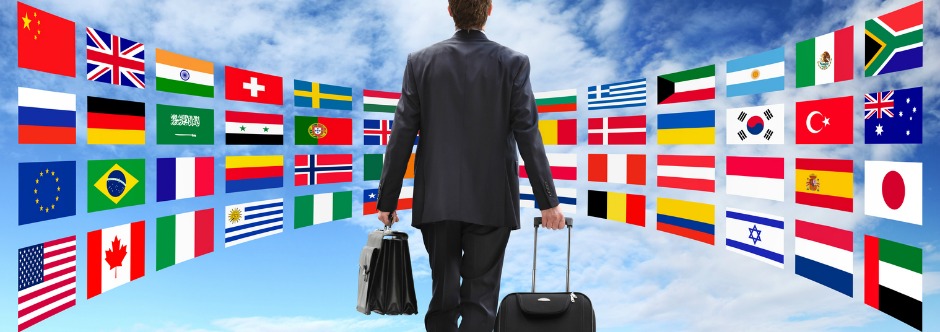Diversifying your workforce can come with a variety of benefits for your company. So naturally, employers around the world are increasingly looking to add to their talent by expanding their search efforts around the world.
However, it’s a mistake to assume that international recruitment simply means expanding your scope overseas or across country borders. The concept comes with a variety of nuances that successful recruiters have to keep in mind. It’s a complex process, but one that can be improved using the below 5 tips.
1) Find Your Target Market(s)
First things first: there is no such thing as global recruitment. The individual challenges and economic situations posed by the countries from which you look to draw talent are so unique that you should start your international recruitment process by defining exactly what markets you want to focus on.
Finding emerging markets can be a good first step. Look for countries with low unemployment rates to find healthy economies. Finally, it also makes sense to look at your company profile within potential markets; existing brand awareness can ease your messaging and drive talent toward your open positions.
2) Use Local Contacts
Especially if your company has international reach, you might have existing contacts in the countries from which you look to recruit. These contacts could consist of your employees, suppliers, distributors, or even company partners. Working with them can unlock an otherwise difficult area.
For instance, your local contacts can help you find the right connections to attract talent. They can also educate you about local hiring practices, which you will have to follow to attract quality applicants. And of course, they help you better understand the culture of the country in which you recruit.
3) Adjust to the Culture
It’s tempting to think of recruitment as a universal concept. Post a job, explain the benefits, promote the posting, and look for applications to pour in. Of course, different cultures may have very different expectations when it comes to being courted by potential employers.
For instance, some cultures will require a personal touch on your behalf before they make an application choice. They may also use different channels to communicate; Facebook exists in India, but WhatsApp is significantly more popular as a communication (and promotional) tool. If you want to engage in international recruitment, adjusting to the local culture is absolute key.
4) Build a Holistic Company Picture
When recruiting locally, it’s easy to assume that your applicants have a basic idea of what your company is about. The same, however, might not ring true for your international applicants. Rather than simply posting an outline of the job, they need a more holistic view of your organization.
That view might include videos that showcase your corporate headquarters. It could also include testimonials from other employees that may become your applicants’ colleagues. Discussing company culture is increasingly vital in helping talent better understand what they can expect once they are hired.
5) Know the Immigration Laws
Finally, it’s important not to forget about the technical aspects of international recruitment. Unlike your local applicants, visa laws of both your country and your recruits’ countries may make the process of transitioning into or even interviewing for a position more difficult than anticipated.
For successful international recruitment, these issues have to be ironed out before you even start to post your open positions. Your applicants will have questions, and it’s on you to know the answer by the time they commit to applying for a place in your company.
When looking to enter international recruitment, or even to improve your existing efforts, the above tips can be vital to success. Take advantage of them, and you will increase your chances of recruiting a diverse labor force whose diverse talents and skill sets can add significant value to your company.
.





